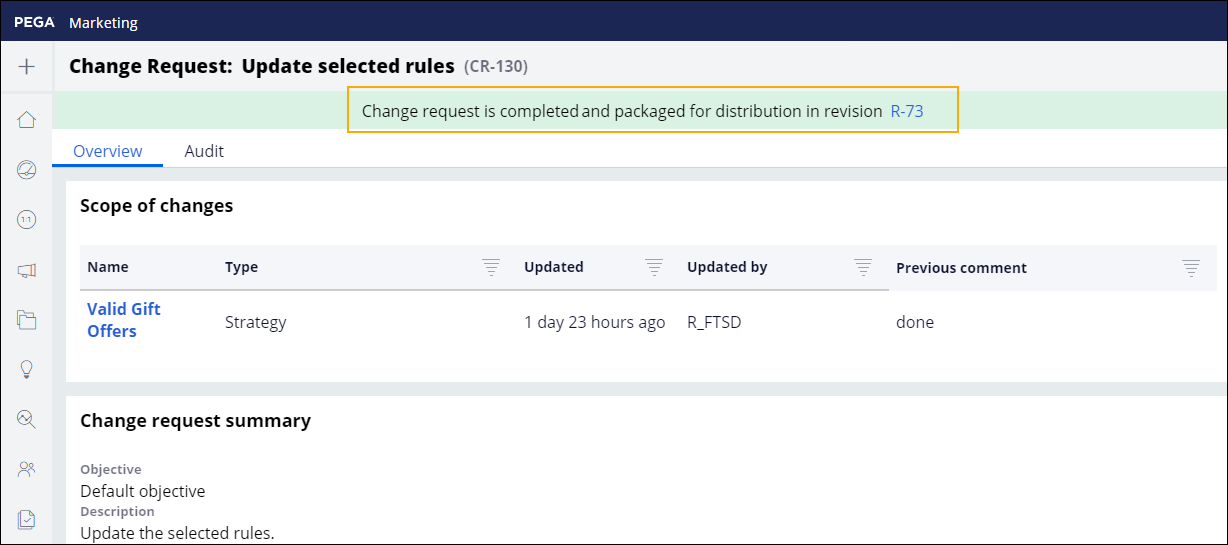Studying in the UK including Northern Ireland
Finding a course

If you do not know the course you wish to study or if you want to find out about different courses or colleges there are useful online resources to guide you. The British Council website Education UK allows you to search for undergraduate and postgraduate courses on a particular subject, in a particular university or in a specific area such as Northern Ireland. It contains a summary of information about each college or university with contact details and you can make online request for brochures about the courses. It also has general information about living in the UK including accommodation and working while studying. You can find information about UK higher education institutions and courses on the GOV.UK website.
Undergraduate course
UCAS (University and Colleges Admissions Service) is the central applications body for full-time undergraduate courses at UK universities and colleges. Its website contains all the information you need to apply to college including: how to apply, fees and information about the colleges. Applications must be made online through the UCAS website. You can apply through your school or as an individual.
Use the UCAS tariff calculator which is a points system used for entry to higher education. It allows you to compare Leaving Certificate and GCSE A level grades. A Leaving Certificate subject at honours level is approximately equivalent to two-thirds of an A level.
Postgraduate study

There are 2 types of postgraduate study: taught courses and research. Taught courses often last just 1 year while research can continue for 3 years or more. You need to consider what kind of postgraduate study you wish to do, what are the most suitable courses for you and your career and what costs are involved. Prospects is the official graduate prospects website for the UK. It has information on postgraduate study, jobs and career advice. It has information on full-time and part-time courses and you can search by geographical area and by subject. For postgraduate courses in the UK you apply directly to the university or college. Most of them have the application forms available online.
UK tuition fees
As an Irish Citizen within the Common Travel Area you will be treated in the same way as regards fees as UK students. Tuition fees are not the only expense when studying in the UK you also need to consider accommodation and living costs.
Undergraduate courses
England, Wales and Northern Ireland: Since 2012-2013 universities and colleges can charge new students up to ?9,250 sterling a year for undergraduate courses. You can apply for a tuition fee loan which you only have to repay after you have graduated. However, you are not entitled to maintenance support in the same way as home students. If you are an EU national who has been settled in the UK for over 3 years you will be classed as a home student and will be able to apply for financial support for living costs. Scotland: Irish and EU students who start their first full-time degree course in Scotland in 2021-2022 will pay. You can apply for a tuition fee loan if you meet the relevant residence criteria.
You may be eligible for a maintenance grant if you meet the criteria for the Irish Student Grant Scheme but this does not include funding for tuition fees. You may claim tax relief on third-level fees. There is detailed information on the range of Irish grants and funds for students in further and higher education at .
The GOV.UK website has information on the financial supports available for EU students studying in the UK including Northern Ireland.
Postgraduate courses
The tuition fees for postgraduate study vary from institution to institution and course to course, but usually run to several thousand pounds. Postgraduate prospectuses give up-to-date fees.
There are different sources of funding for postgraduate students. Some courses are advertised in the newspapers and include funding. Sometimes financial support is available from the university that is running the postgraduate course; sometimes you need to apply to an external body. Awards are available for a range of subjects, both for tmes. They vary as to amount, duration and whether they only cover fees or include maintenance as well. There are strict eligibility rules and deadlines for application and you should be aware that there are a large number of postgraduates competing for limited funding.
Funding is available under the Student Grant Scheme for postgraduate study in Northern Ireland but not for postgraduate study in Britain. You may claim tax relief on third-level fees.
A number of scholarships and fellowships for study abroad are awarded annually by foreign governments to Irish students who are engaged in, or have completed a course of third-level education. The North-South Masters Bursaries fund a small number of Irish students to study in Northern Ireland together with some Northern Irish students studying in Ireland.
Applying to study in the UK
UCAS (University and Colleges Admissions Service) is the central applications body for full-time undergraduate courses at UK universities and colleges.
If you need help or advice on your UCAS application, contact the Customer Service Unit and remember to quote your UCAS Personal ID/application number.
If you are an EU student, and applying through UCAS, they will send you an application form for a https://paydayloanadvance.net/payday-loans-or/ tuition fee loan when you are offered a place on a course.
